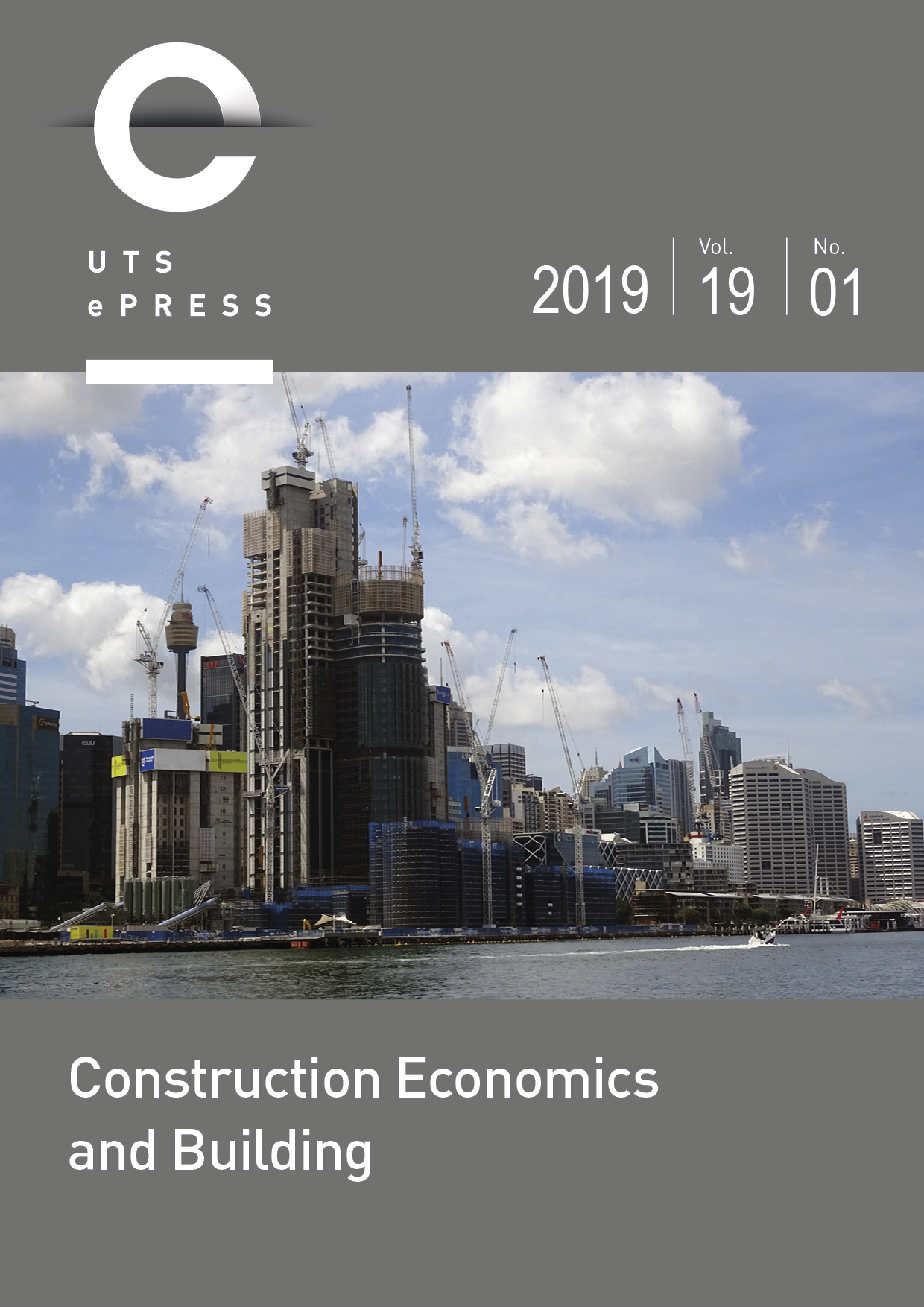Using megaproject performance outcomes to enhance decision-making behaviors in civil engineering graduates
Main Article Content
Abstract
A comprehensive review of megaproject performance propositioned the issues leading to project failure as behavioral. Project failure linked cost overruns and schedule delays to acts of delusion and deception, citing the ability to learn lessons, and the misalignment of incentives as influencing factors. A mixed-methods study was designed to gain insight into the decision-making behaviors of undergraduate civil engineers, and the role that education could play in enhancing decision-making. A co-curricular intervention led to qualitative exploration of decision-making in civil engineering undergraduates. Motivation featured heavily, particularly a conflict between interest and enjoyment, and the reward structures of traditional education and industry. Results led to a quantitative measure of intrinsic motivation and critical thinking ability. Findings from the educational environment have implications for industry and led to recommendations regarding the importance of autonomy and relatedness, to a megaproject environment.
Article Details
Section
Authors who publish with this journal agree to the following terms:
a) Authors retain copyright and grant the journal right of first publication with the work simultaneously licensed under a Creative Commons Attribution License that allows others to share and adapt the work with an acknowledgement of the work's authorship and initial publication in this journal.
b) Authors are able to enter into separate, additional contractual arrangements for the non-exclusive distribution of the journal's published version of the work (e.g., post it to an institutional repository or publish it in a book), with an acknowledgement of its initial publication in this journal.
c) Authors are permitted and encouraged to post their work online (e.g., in institutional repositories or on their website) prior to and during the submission process, as it can lead to productive exchanges, as well as earlier and greater citation of published work (See The Open Access Citation Advantage Service). Where authors include such a work in an institutional repository or on their website (ie. a copy of a work which has been published in a UTS ePRESS journal, or a pre-print or post-print version of that work), we request that they include a statement that acknowledges the UTS ePRESS publication including the name of the journal, the volume number and a web-link to the journal item.
d) Authors should be aware that the Creative Commons Attribution (CC-BY) License permits readers to share (copy and redistribute the work in any medium or format) and adapt (remix, transform, and build upon the work) for any purpose, even commercially, provided they also give appropriate credit to the work, provide a link to the license, and indicate if changes were made. They may do these things in any reasonable manner, but not in any way that suggests you or your publisher endorses their use.
